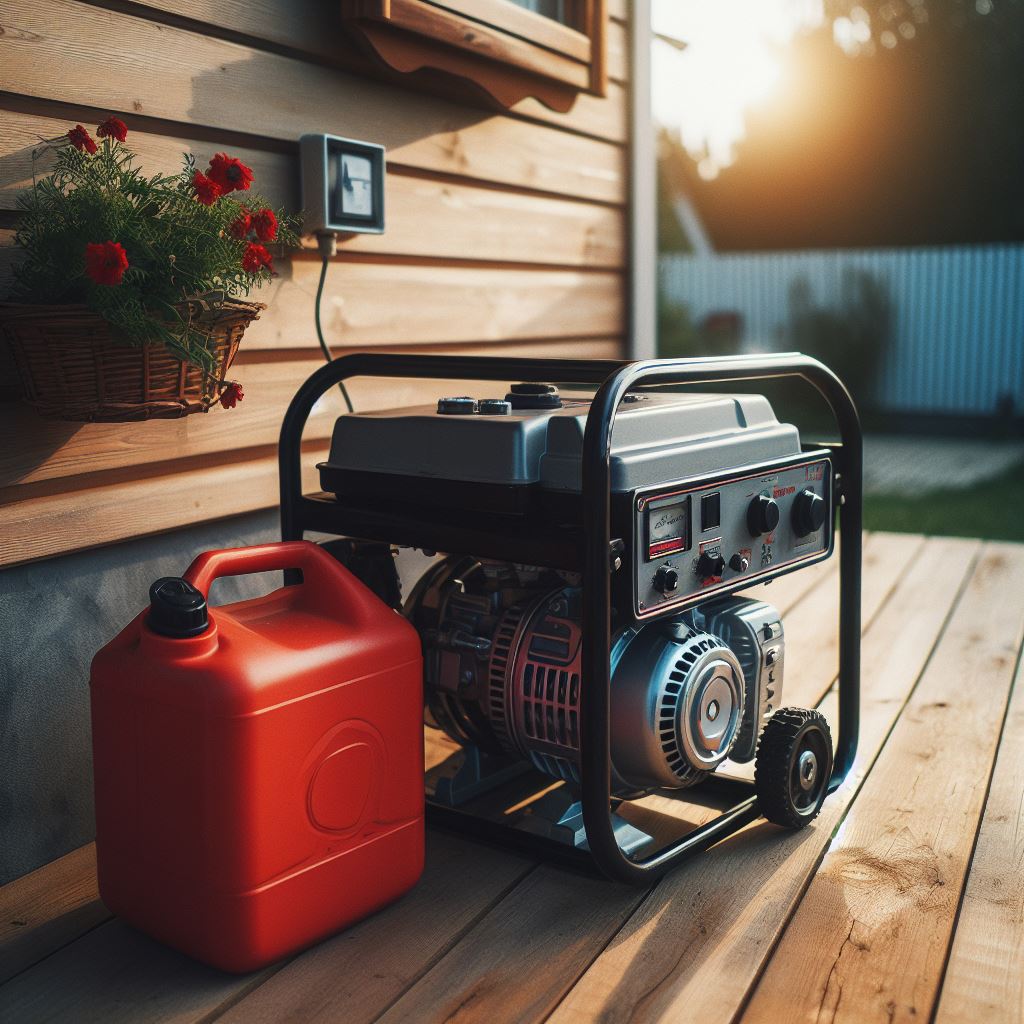In our increasingly interconnected world, a reliable power supply is essential. However, natural disasters, infrastructure failures, and other unexpected events can disrupt the electricity grid, leaving homes and businesses without power. This is where generators come into play. Owning a generator can provide peace of mind and security, ensuring that you have a backup power source during outages. In this blog, we’ll explore why having a generator is a wise investment and offer tips on keeping it in good condition and ready for use.
Why You Should Own a Generator
Emergency Power Supply:
The primary benefit of a generator is its ability to provide an emergency power supply during outages. This is crucial for maintaining the operation of essential appliances such as refrigerators, medical devices, heating and cooling systems, and lights. In emergencies, having power can be life-saving.
Business Continuity:
If you work from home, a power outage can result in significant financial losses due to downtime and data loss. A generator ensures that critical systems remain operational, safeguarding your business against disruptions and maintaining productivity.
Home Comfort and Safety:
Power outages can compromise home security systems and create uncomfortable living conditions, particularly during extreme weather. A generator can keep your security systems active and maintain a comfortable indoor environment.
Preventing Damage:
Extended power outages can cause damage to your home. For example, without power, sump pumps can fail, leading to basement flooding. Generators help prevent such scenarios by keeping essential systems running.
Increased Property Value:
A generator can increase the value of your property. Prospective buyers often see the presence of a generator as a significant advantage, particularly in areas prone to power outages.
Keeping Your Generator in Good Condition
Owning a generator is only beneficial if it’s well-maintained and ready to use when needed. Here’s how to ensure your generator stays in top condition:
Regular Testing:
Periodically test your generator to ensure it starts and runs properly. This should be done at least once a month. Regular testing helps identify potential issues early and ensures that the generator is operational when needed.
Routine Maintenance:
Follow the manufacturer’s maintenance schedule, which typically includes changing the oil, replacing air filters, and checking spark plugs. Keeping up with routine maintenance tasks will prolong the life of your generator and ensure it runs efficiently.
Fuel Management:
Ensure your generator has a sufficient supply of fuel and store it safely. For gasoline-powered generators, use a fuel stabilizer to prevent the fuel from degrading over time. If you have a propane or natural gas generator, regularly check the connections and fuel levels.
Battery Care:
For generators with electric start, maintaining the battery is crucial. Keep the battery charged and replace it according to the manufacturer’s recommendations to ensure reliable starting.
Inspect for Damage:
Regularly inspect your generator for signs of wear and tear, corrosion, or damage. Address any issues immediately to prevent them from escalating into more significant problems.
Keep It Clean:
Clean your generator regularly to remove dust, dirt, and debris. A clean generator runs more efficiently and is less likely to overheat or suffer from clogged components.
Store Properly:
When not in use, store your generator in a dry, cool place, protected from the elements. If you use a portable generator, consider a generator tent or cover to protect it during operation in adverse weather conditions.
Professional Servicing:
At least once a year, have your generator serviced by a professional. They can perform a thorough inspection, identify potential problems, and perform any necessary repairs or maintenance tasks.
Preparing Your Generator for Use
To ensure your generator is ready when you need it, follow these preparation steps:
Create a Power Plan:
Determine which appliances and systems you need to power during an outage and create a plan for connecting them to your generator. This helps prevent overloading and ensures you can quickly set up the generator when necessary.
Stock Up on Supplies:
Keep an adequate supply of fuel, oil, and any other necessary maintenance items on hand. This ensures you can keep the generator running for extended periods if needed.
Educate Household Members:
Ensure that everyone in your household knows how to operate the generator safely. This includes understanding the proper startup and shutdown procedures and knowing how to switch between grid power and generator power.
Test Your Setup:
Conduct a full test of your generator setup to ensure everything works as expected. This includes connecting the generator to the necessary appliances and running it under load to simulate real-world usage.
Safety Precautions:
Always follow safety guidelines when operating your generator. This includes placing it in a well-ventilated area to prevent carbon monoxide buildup, keeping it dry, and using proper extension cords rated for the load.
A generator is a valuable investment that provides a reliable backup power source, ensuring your home or business remains operational during power outages. By understanding the importance of a generator and following proper maintenance and preparation practices, you can ensure your generator is always ready to perform when you need it most. With regular care and attention, your generator will offer peace of mind and protection for years to come.

